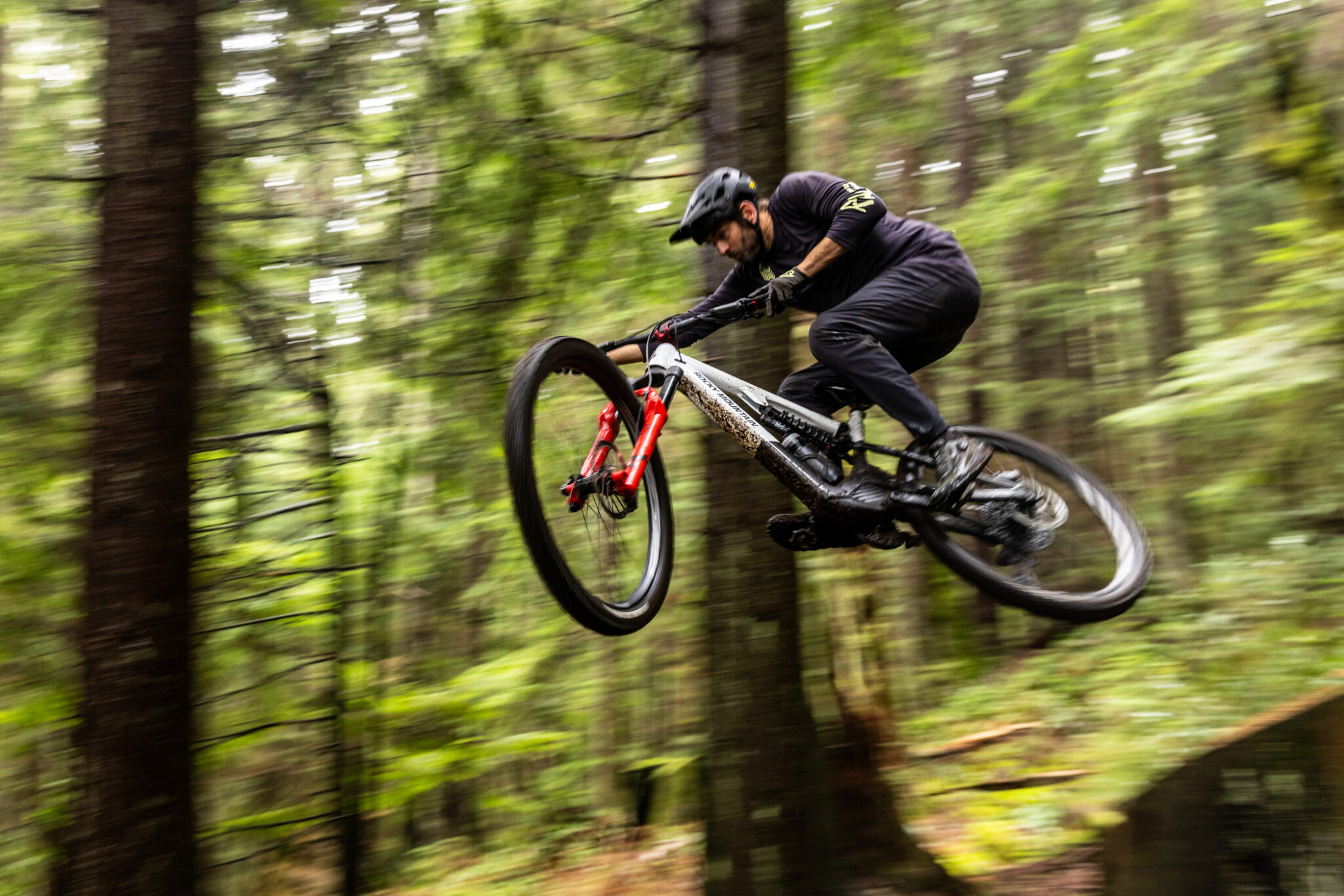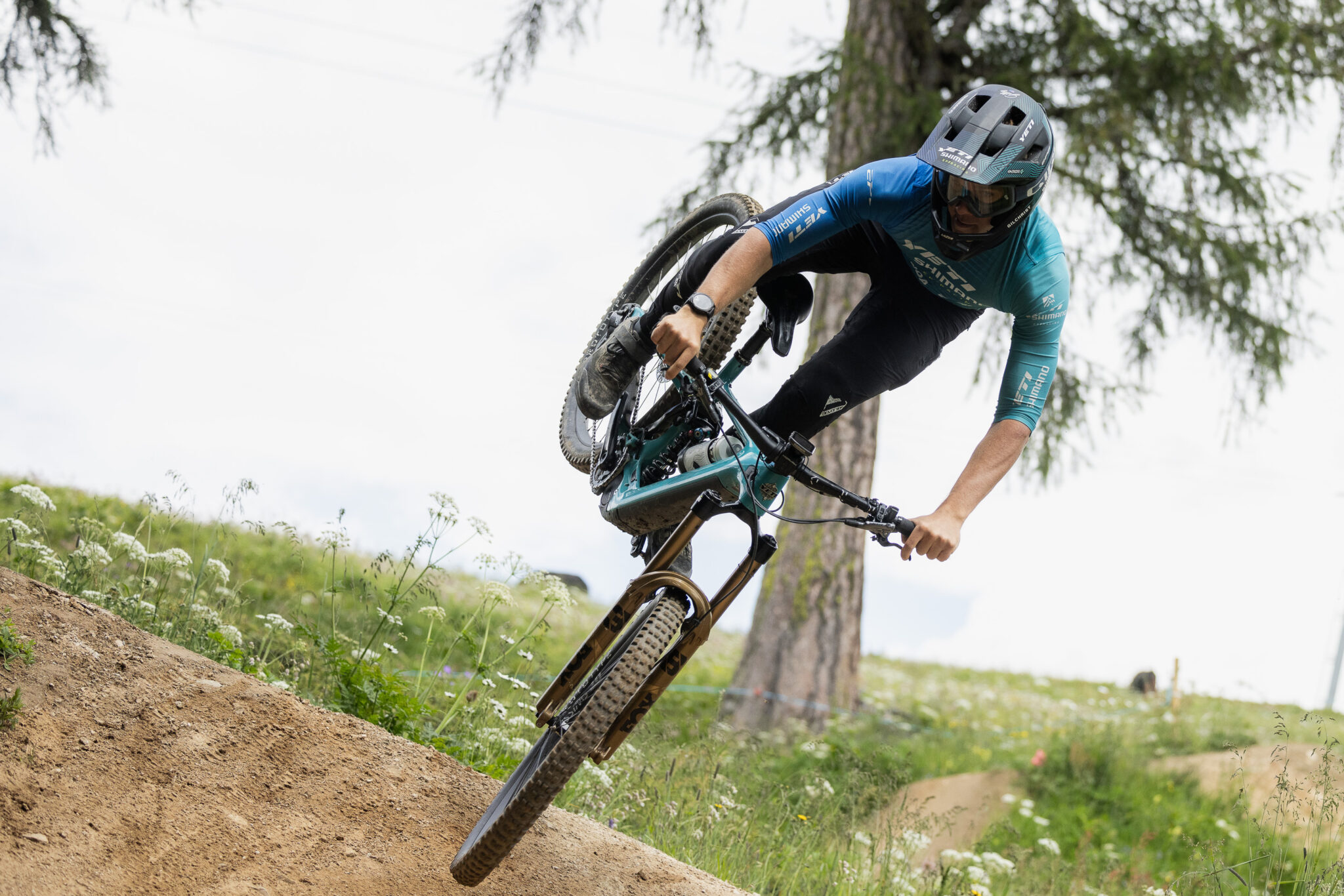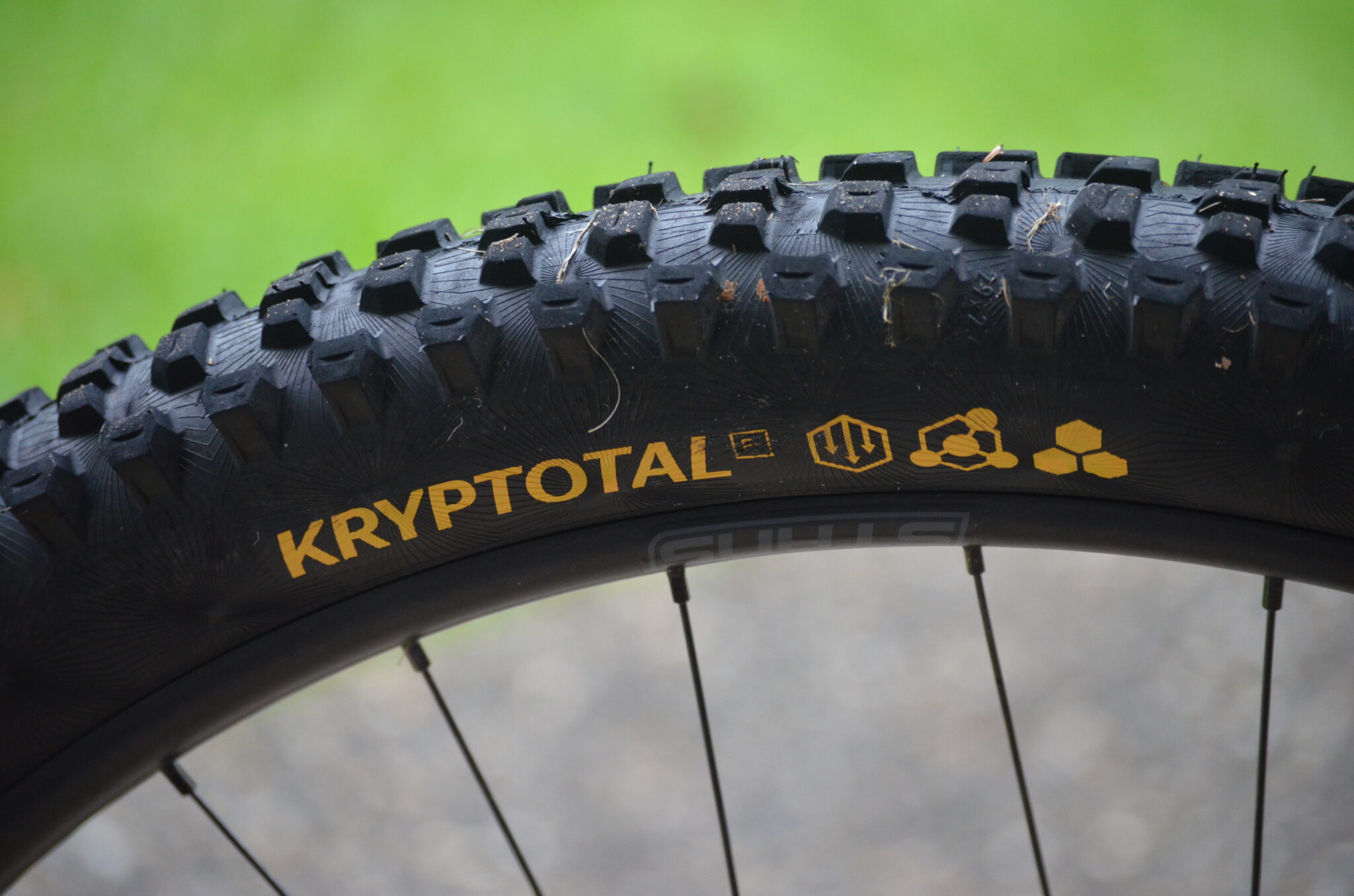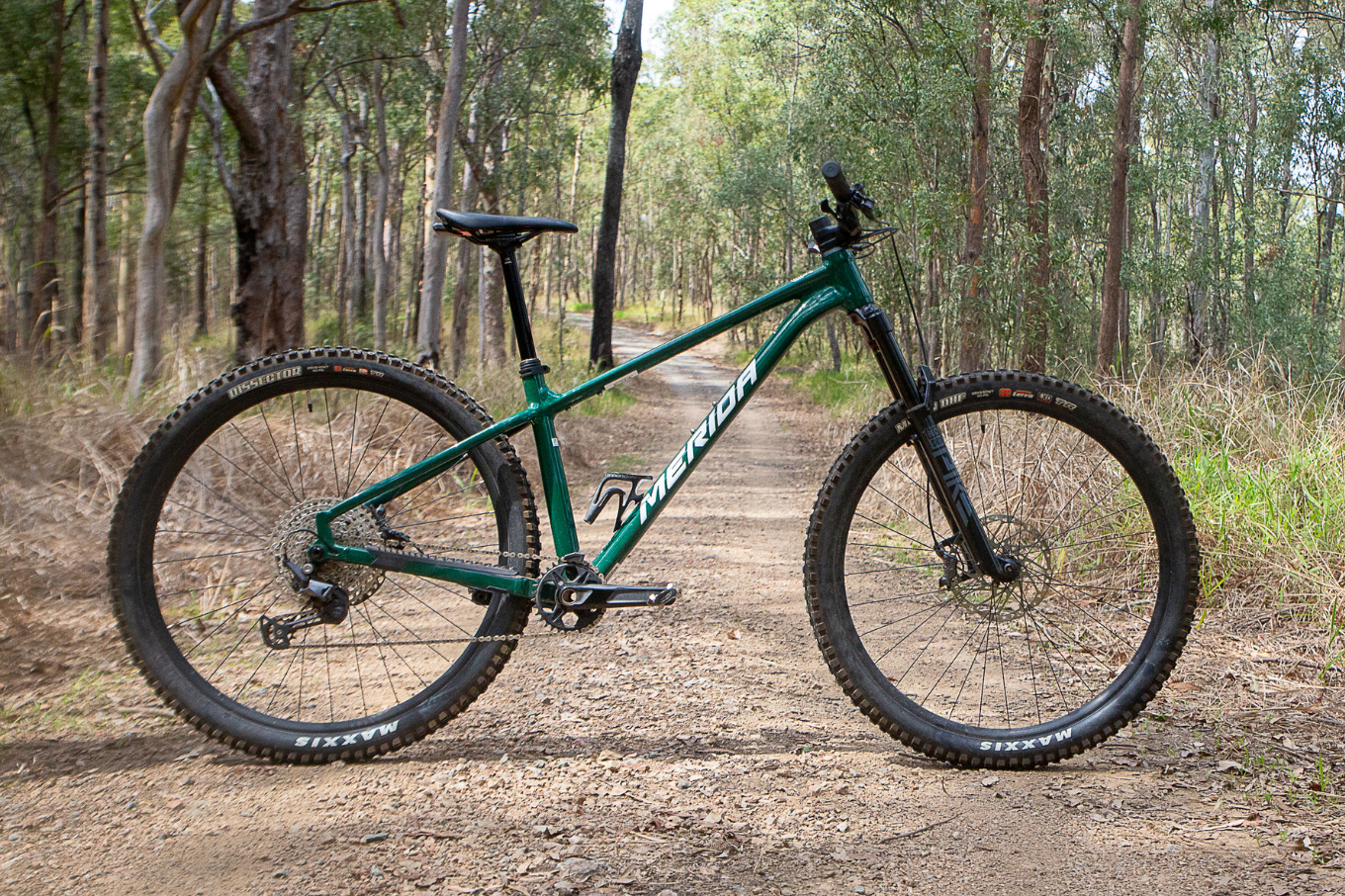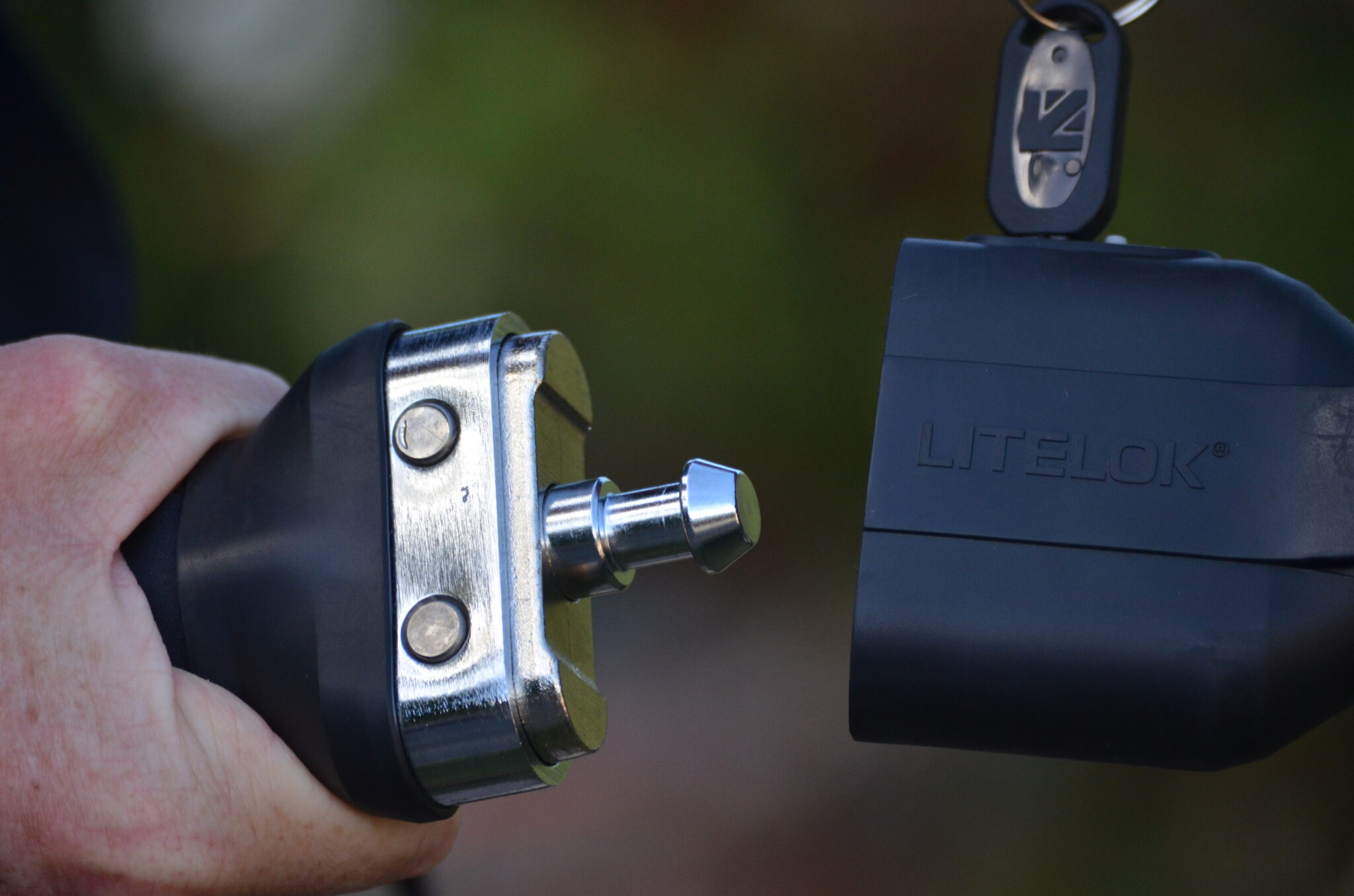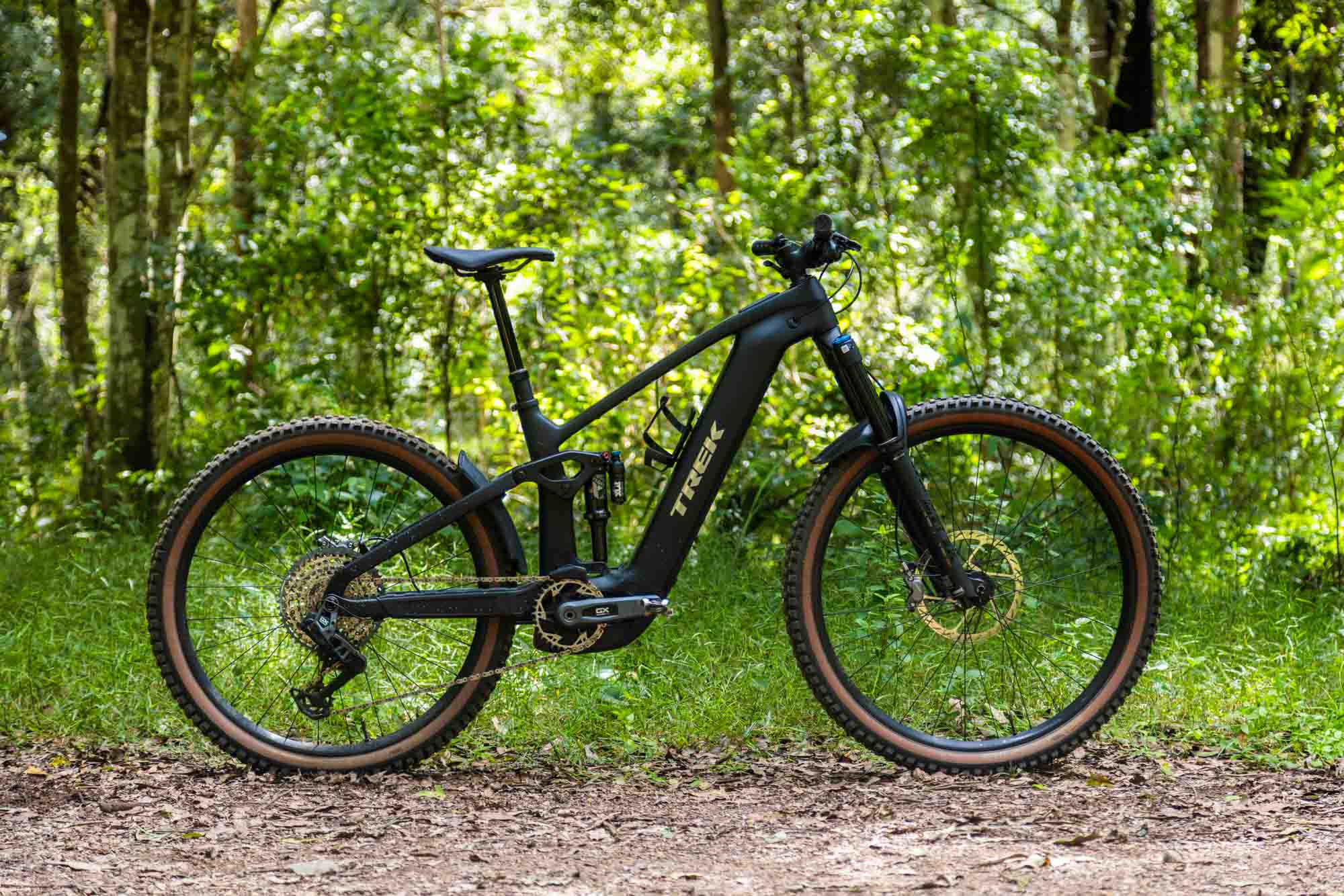NUTRITION: Tips for the whole family
A family that cycles together stays together. That’s what they say, right? 10 tips to keep nutritionally on the right track.
Riding bikes together is a fabulous way to get kids active and into sport, as well as spending some quality family time out in the fresh air. If you’re taking the kids out on their bikes though, it’s important to remember to fuel them as you would yourself so you all get the most out of the ride (no hangry moments that will ruin the day…). Try these quick and easy nutrition tips for the whole family (kids and big kids alike).
1. Cover your bases. Make sure your kids have a good balanced diet off the bike with a mix of fruit, veggies, dairy, meats or other protein and whole grains. Keep processed foods to a minimum to set them up with healthy food habits for life.
2. Fill your bottles. Make sure the kids have a bottle cage if possible. For most kids, water is the best choice – and drinking before, during and after exercise is the best way to stay hydrated. Stop and encourage them to sip regularly, rather than waiting until they are thirsty. For more serious athletes, sports drinks may be okay during a hard or long session but be aware they contain plenty of sugar and can often can damage young teeth.
3. Build them strong. Calcium builds strong bones, so it’s important for kids to eat calcium-rich foods every day. You’ll find calcium in dairy products like milk, yogurt, and cheese. Other good sources include dark, green leafy vegetables, almonds and calcium-fortified products, like soy milk and some cereals.
4. Don’t make a fuss of food or weight. It’s not usually healthy for kids to go on diets — to lose or gain weight. In fact, comments about weight or food can sometimes set kids up for a long-term struggle with their body and eating, so it’s best to focus on other things like fitness or skills, and what food can do for you (provide energy, or help them recover), rather than how much or what they are eating specifically.
5. Fuel right before you go. This applies to adults, too. If you’re going to eat a meal before a ride, ideally have it two to four hours before you start. If you have a full stomach, your body will need to spend energy digesting food, leaving less for you to use on the pedals. The best pre-ride meal includes carbohydrates for energy, but is low in fat and fibre, which can slow digestion.
6. There’s no need for “carb loading”. Don't think you have to eat a lot of carbs as you might before a big ride or race, although without carbs the kids will be running on empty. The best option is to balance meals with a mix of carbs, protein and veggies. Whole-grain foods like whole-wheat pasta, brown rice, whole-grain bread and cereal, and plenty of fruits and vegetables are the best options.
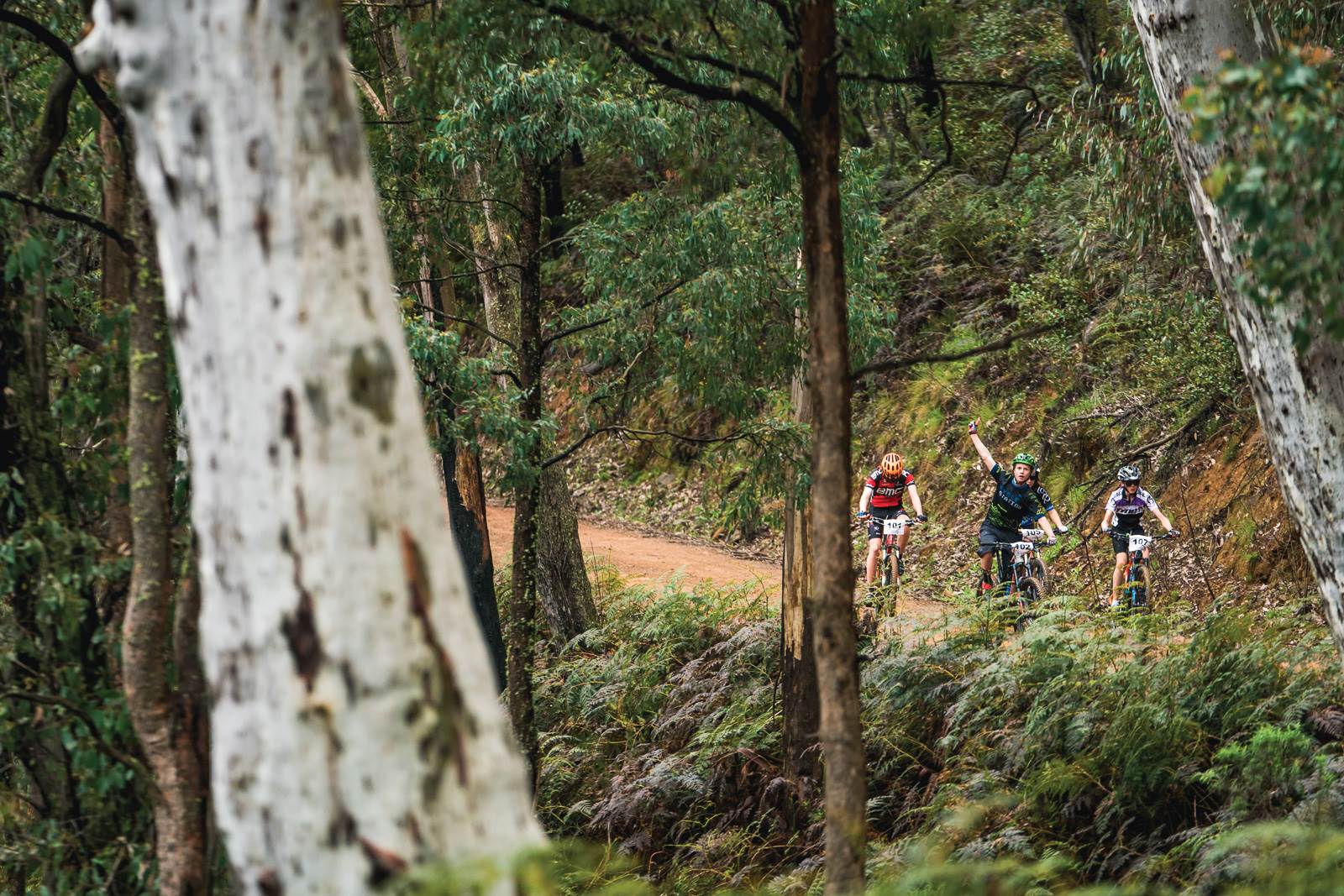
7. Keep them running. Iron-rich foods should be eaten regularly by the whole family. Without enough iron, kids (and big kids) can develop anaemia which makes you feel tired. Girls who have their periods lose some iron every month through their menstrual flow and active kids lose more iron than those who are inactive. Include iron-rich foods such as meat, chicken, fish, beans and fortified cereals.
8. Make it fun and give them choice. Getting kids involved in choosing or preparing snacks for the bike is a great way to encourage them to try new foods and feel part of the process. You could try making a fruit and nut ball or muesli bar together that is specifically for your rides on the weekend.
9. Pack snacks for everyone in your jersey pocket or backpack. Try fruit like banana, a muesli bar, some trail mix, crispbread with peanut butter, or a small sandwich.
10. To supplement or not? Protein helps build and repair muscles, but most kids get plenty of it through a balanced diet. Unless they are doing high volumes of strenuous training, there is no need for supplements.
It’s important to note that adolescent athletes doing more serious training should be encouraged to eat more on training days to match daily exercise demands. This may mean larger meals or more regular snacks are required depending on the training planned. If you’re not sure that you or your kids are fuelling correctly, the best person to see is an Accredited Sports Dietitian. You can find one at www.sportsdietitians.com.au


